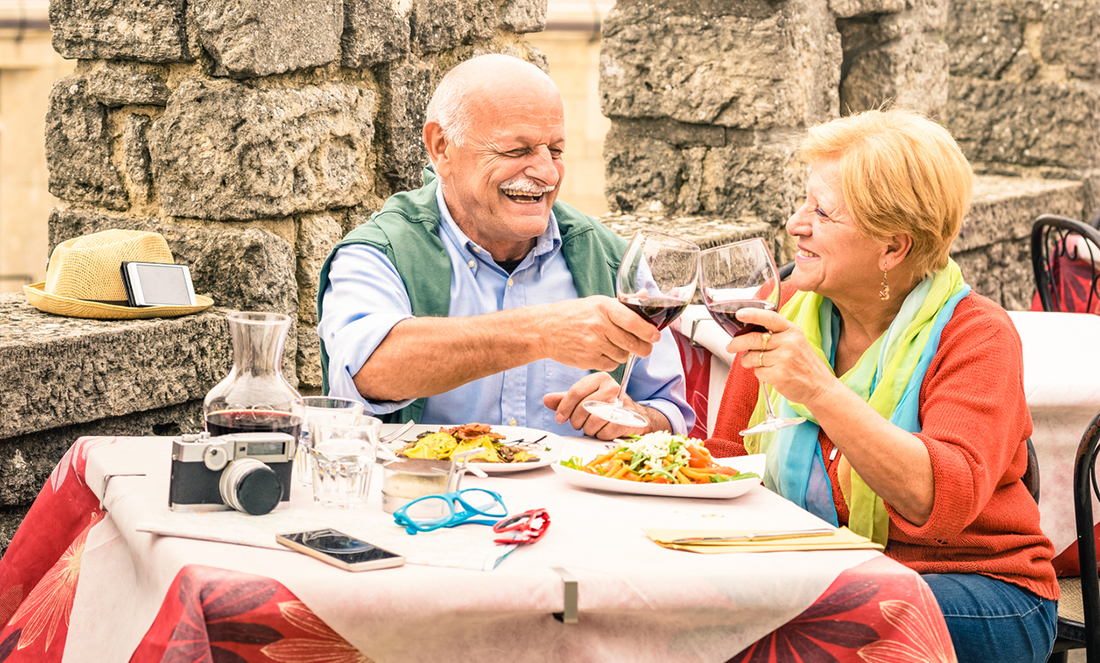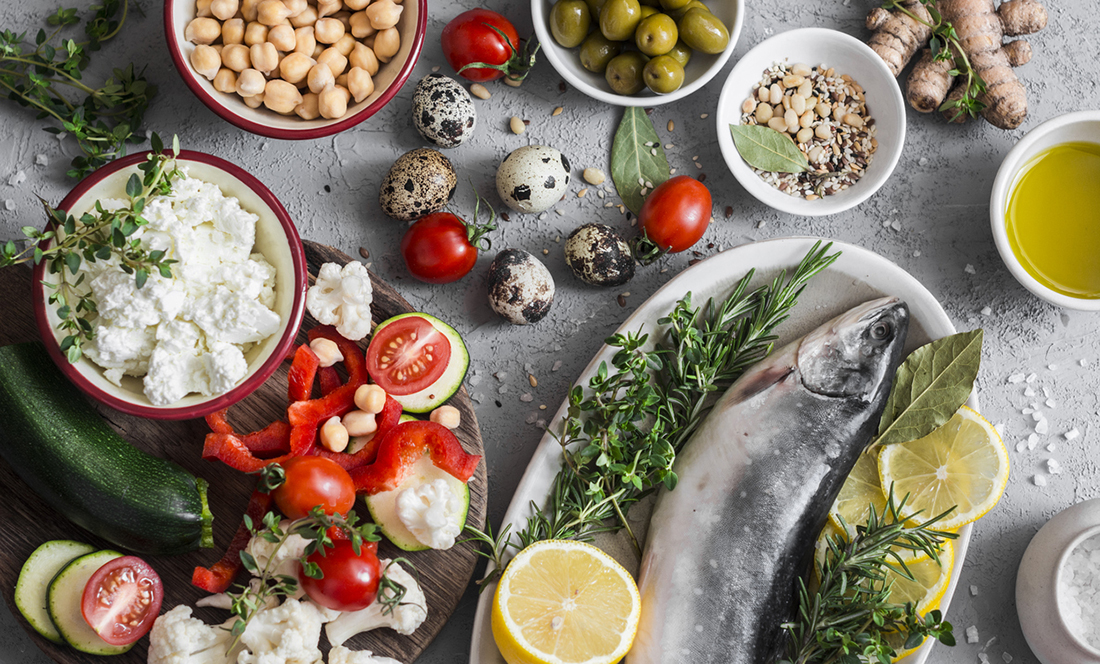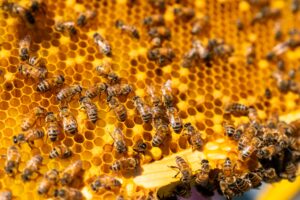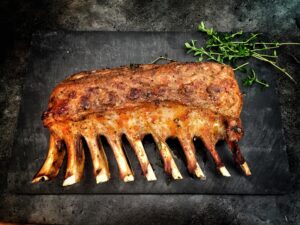Alzheimer’s researcher Professor Ralph Martins, with dual appointments at ECU and Macquarie University, says research into the disease shows that lifestyle factors play a big part in slowing the development of the disease and potentially preventing it.
“Only a relatively small number of people have genetic mutations that actually cause Alzheimer’s,” he says. “Others may have a higher risk of getting Alzheimer’s, but eating well can help reduce this.”
Rusty brains
When studying the brains of people with Alzheimer’s in the 1980s, Ralph and his team made an interesting discovery.
“The brains were ‘rusting’—that is, they were highly oxidised,” he says.
In a healthy brain, neurons are responsible for sending messages. If the brain becomes oxidised, it causes a build-up of a protein called beta-amyloid.
This forms clumps in the brain, making it hard for the neurons to do their job properly and eventually kills them.
One way to prevent oxidisation is through antioxidants (yep, like the ones in red wine).
Ralph says researchers previously thought that extracting antioxidants from whole foods, in the form of vitamins, was the best way to fix oxidisation.
“We then recognised it was the whole foods, not the individual vitamins, that were most effective,” he says.
The research then shifted to looking at the benefits of antioxidants in whole foods.
Eat like an Italian
Any proud Italian, Greek or Spaniard will tell you Mediterranean people know how to eat.
And given their diets are full of antioxidants and healthy fats, it seems they could be right.

Recent studies found that people following a Mediterranean diet have lower levels of beta-amyloid in their brain, which means less oxidisation.
“Over the past 15 years, we’ve looked at dietary patterns of eating and have found that the Mediterranean diet is good for both the heart and brain.”
But before you start shovelling down the pizza and pasta, we need to clarify what Mediterranean diet means. Mediterranean foods include fish, olive oil, avocados and nuts, which are high in good fat and anti-inflammatory omega-3 fatty acids. The carbs, while delicious, aren’t the main focus.
These good fats and fatty acids are good for the brain as they lower the levels of the neurotoxin beta-amyloid. Vegetables, especially green leafy ones, are important too.
“Different vegetables bring different benefits to the table,” Ralph says.
Oils ain’t oils
Here’s a fun fact for you before tucking into a tin of tuna or popping a fish oil tablet.
“The omega-3 gets taken out and put into capsules before the fish goes into tins,” Ralph says.
“The jury is out on fish oil having clinically proven benefits. This may be attributed to oxidation of stored fish oil. Fresh fish is best!”
So you can do yourself—and your office colleagues—a big favour by avoiding tinned tuna.
Ralph says unsaturated fats in the diet should also be focused on.
“Fats have got a bad name, but sugar is much worse,” he says.
As we get older, our brains aren’t as good at using glucose as an energy source. Fats work better, especially coconut or olive oils.
Cooking with Maggie Beer
Ralph has written a book with much-loved Aussie cook Maggie Beer.

“I didn’t cook much before, but Maggie’s passion for good food has inspired and encouraged me to prepare my own meals, which I greatly enjoy,” Ralph says.
“Maggie taught me how to cook and always remember to make the food rich in flavour, especially veggies,” Ralph says.
“Microwaving is best or a light steaming to retain the antioxidants in veggies.”
Ralph says it’s a good idea to find the foods you like by trying all different types and eating a variety of fruit and vegetables to capture the best combination of antioxidants.
“People have to want to eat well and keep doing it,” he says.
Proceeds from Maggie’s Recipe for Life will be shared between the Maggie Beer Foundation and the Lions Alzheimer’s Research Foundation.









